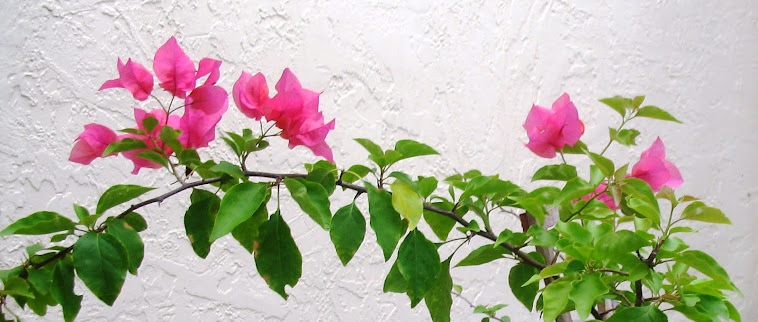Roseville Album
Civil War Bride
Baltimore Christmas
So now, the question is BY MACHINE OR BY HAND. The answer is "I am not sure?” If time were an endless commodity I would hand needle turn everything. However, time is a finite, consumable resource in my world. Moreover, I am burdened with the guilt of a big, beautiful, top of the line sewing machine that is not getting as much use as it should. Hmmmmm??? What to do, what to do?
I know many other appliqué lovers share my same or very similar predicament so I'm sharing my decision making processes with you, not with the intention of swaying you one way or another but, to help you think through your own likes and dislikes and be able to reach your own choices
My artistic dilemma is that I don't care for the look of obvious machine work on pieces where the design is noticeably from an older era. Typically, I reserve machine stitching (at least the kind that shows) for more contemporary designs. Based on that logic, Roseville Album
will most likely be machine appliquéd and embellished.
Civil War Bride's design is definitely from a bygone era and it calls for a hand appliquéd look - BUT DID YOU SEE ALL THOSE LEAVES? Since many of the leaves and flowers are the same shape and size, this pattern could possibly be a good candidate for a method where templates can be reused. Therefore, I will probably go with the Karen Kay Buckley (KKB) method of heat resistant templates and starch. This method will give me the look of handwork but at a much faster pace.
Baltimore Christmas is beautiful and delicate. I'm afraid that any visible machine work will overwhelm the charm. There are some repeated shapes but not many so I don't know if creating templates for the KKB method will save any time. Some of the tiny pieces I would prefer to hand needle turn because dealing with templates that small would push me past the brink of sanity. Maybe combining KKB for the larger, repetitive sections (like the ivy border) and hand needle turn for the remaining shapes is the answer here?
Here is the link to a previous blog that compares the various machine applique techniquest discussed above.
New and Noteworthy:
New Tutorial: I have added a new tutorial page, Clip, Clip, Snip, Snip, that illustrates the clipping technique I use for both inside points and inside curves. These tips apply to all needle turn techniques - not just Template Free (Back Basting). Enjoy!
 Hand sewing needles and threads: I belong to several quilt-themed Yahoo groups and there has been quite a bit of discussion regarding the proper way to thread a needle, needle types/brands, and thread types and brands in order to get the best results. First let me say that I have the upmost respect for all the stitchers that came before - without them we would not have this wonderful tradition. However, technology has advanced such that many of the old rules no longer apply. Thread, especially good quality thread, is a perfect example. Thread twist (Z or S) does not impact hand stitchers as it did in days of old. It makes no difference which end of the thread is pulled through the eye of the needle first. The likely cause of issues usually attributed to thread such as knotting, twisting, etc. is your stitching motion. The second most likely culprit is the needle eye being too small. However, don't take my word for it. Becky Goldsmith (of Piece 'O Cake fame) wrote and incredible blog entry on the topic that I think you will enjoy.
Hand sewing needles and threads: I belong to several quilt-themed Yahoo groups and there has been quite a bit of discussion regarding the proper way to thread a needle, needle types/brands, and thread types and brands in order to get the best results. First let me say that I have the upmost respect for all the stitchers that came before - without them we would not have this wonderful tradition. However, technology has advanced such that many of the old rules no longer apply. Thread, especially good quality thread, is a perfect example. Thread twist (Z or S) does not impact hand stitchers as it did in days of old. It makes no difference which end of the thread is pulled through the eye of the needle first. The likely cause of issues usually attributed to thread such as knotting, twisting, etc. is your stitching motion. The second most likely culprit is the needle eye being too small. However, don't take my word for it. Becky Goldsmith (of Piece 'O Cake fame) wrote and incredible blog entry on the topic that I think you will enjoy.Sandra Leichner's book, Hand Applique with Embroidery has arrived: The theme of 2010 has been "Eagarly Awaiting." Sandwiched on my list between Toy Story 3 and Michael Connelly's new novel was Sandra's book. It arrived yesterday and it does not dissapoint! If you only buy one applique book this year, this is the one to buy. The material is fresh and the techniques are well illustrated and explained. Caution, view carefully because you will be drooling over the photos of Sandra's equisite work.
 |
| Thaddeus Savage - Backyard Frisbee Champion! |
Until next time...
Best stitches,
Mercy in Miami





